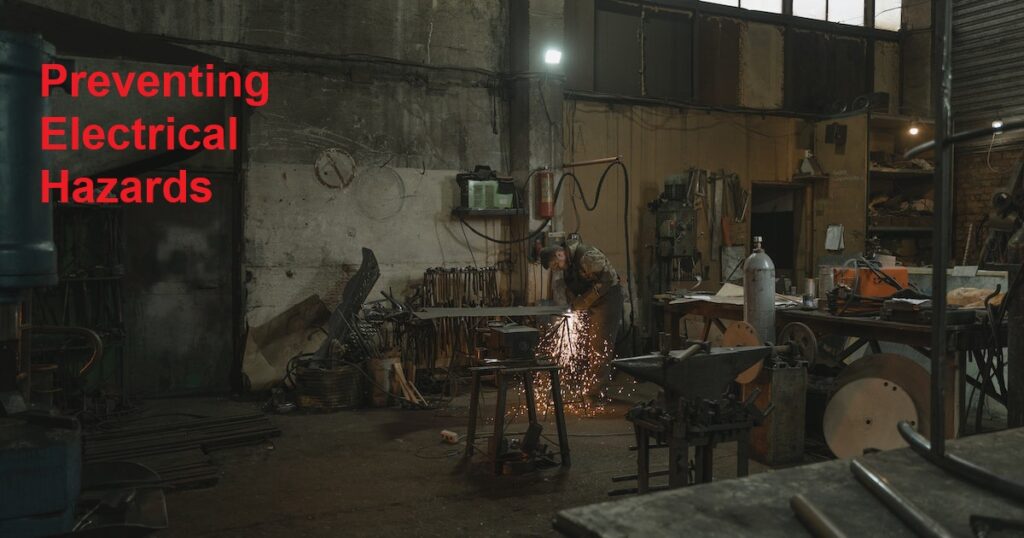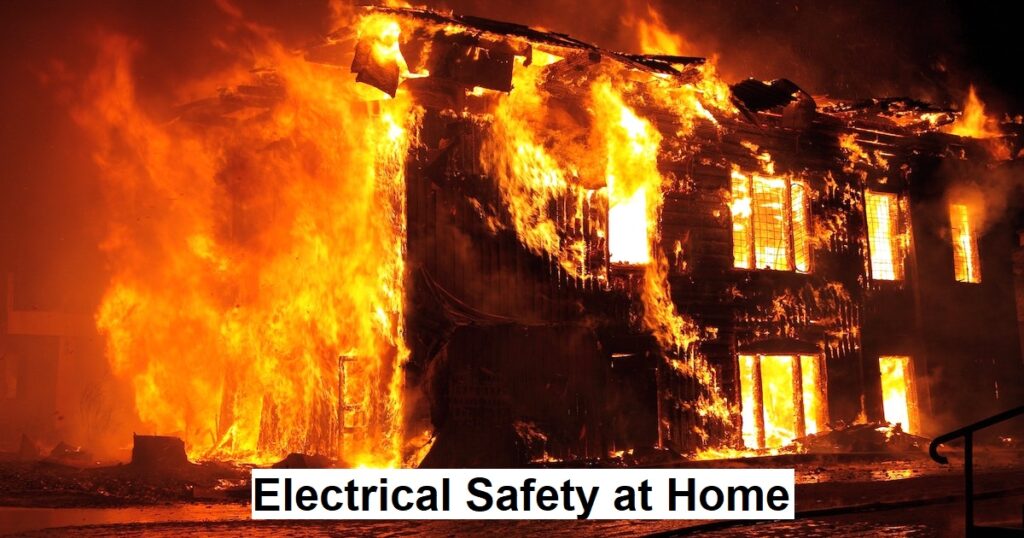Electricity is an essential part of our daily lives, but it can also be dangerous. Electrical hazards can cause serious injuries and even death. Therefore, it’s essential to take necessary precautions to protect yourself from electrical hazards. In this article, we’ll discuss the importance of electrical safety, various electrical hazards, and how to prevent them.
Introduction
Electricity is essential for modern life, but it can also be dangerous if not handled correctly. Electrical hazards can cause serious injuries, such as burns, shocks, and electrocution, and even death. Therefore, it’s crucial to be aware of electrical hazards and take necessary precautions to prevent accidents.
In this article, we’ll discuss the importance of electrical safety, common electrical hazards, and ways to prevent them. We’ll also provide tips for electrical safety at home.
Importance of Electrical Safety
Electrical safety is crucial because it protects people from electrical hazards. According to the Occupational Safety and Health Administration (OSHA), electrocutions are the fourth leading cause of work-related deaths in the United States. Electrical hazards can also cause injuries, such as burns and shocks, which can lead to permanent disability.
Electrical safety is not only essential for workers but also for individuals at home. Electrical accidents at home can lead to property damage, injuries, and even death. Therefore, it’s crucial to follow electrical safety guidelines at home.
Common Electrical Hazards
Various electrical hazards can cause injuries and even death. Here are some common electrical hazards:
Electrical Shock
Electrical shock is the most common electrical hazard. It occurs when the body comes in contact with an electrical current. Electrical shock can cause burns, muscle contractions, and even stop the heart.
Electrical Burns
Electrical burns occur when the body comes in contact with an electrical current. Electrical burns can cause severe tissue damage and require immediate medical attention.
Electrical Fires
Electrical fires can occur due to faulty wiring, overloaded circuits, or electrical equipment failure. Electrical fires can cause property damage and even death.
Arc Flash
Arc flash is a sudden release of electrical energy due to a short circuit. Arc flash can cause burns, eye damage, and even death.
Explosions
Explosions can occur due to electrical equipment failure or improper handling of electrical equipment. Explosions can cause property damage and serious injuries.

Preventing Electrical Hazards
Preventing electrical hazards is essential to protect individuals from electrical accidents. Here are some ways to prevent electrical hazards:
Training and Education
Training and education are essential to prevent electrical hazards. Workers and individuals should receive proper training on electrical safety and be aware of potential hazards.
Inspections and Maintenance
Regular inspections and maintenance of electrical equipment can prevent electrical hazards. Electrical equipment should be inspected for signs of wear and tear and repaired or replaced as necessary.
Electrical Safety Equipment
Electrical safety equipment, such as personal protective equipment (PPE) and circuit breakers, can prevent electrical hazards. PPE should be worn by workers when working on electrical equipment, and circuit breakers should be installed to prevent electrical over.
Safe Electrical Practices
Safe electrical practices can prevent electrical hazards. These practices include:
- Always turn off electrical equipment before working on it
- Using electrical equipment according to manufacturer instructions
- Avoiding using damaged electrical equipment
- Not overloading electrical circuits
- Keeping electrical cords away from heat sources and water

Electrical Safety at Home
Electrical safety is also essential at home. Here are some tips for electrical safety at home:
- Use tamper-resistant outlets to prevent children from inserting objects into them
- Do not overload electrical circuits
- Unplug electrical equipment when not in use
- Do not touch electrical equipment with wet hands
- Keep electrical cords away from heat sources and water
- Install ground fault circuit interrupters (GFC Is) in bathrooms, kitchens, and outdoor areas
Conclusion
Electrical hazards can cause serious injuries and even death. Therefore, it’s crucial to be aware of electrical hazards and take necessary precautions to prevent accidents. Training and education, inspections and maintenance, electrical safety equipment, and safe electrical practices can all help prevent electrical hazards.
At home, it’s essential to follow electrical safety guidelines, such as using tamper-resistant outlets, not overloading electrical circuits, and installing GFCIs in bathrooms, kitchens, and outdoor areas. By following these guidelines, individuals can protect themselves from electrical hazards and prevent accidents.
FAQs
- What is an electrical hazard? An electrical hazard is any situation in which an individual may come in contact with an electrical current and suffer injury or harm.
- What are the most common electrical hazards? The most common electrical hazards include electrical shock, electrical burns, electrical fires, arc flash, and explosions.
- How can I prevent electrical hazards at home? You can prevent electrical hazards at home by using tamper-resistant outlets, not overloading electrical circuits, unplugging electrical equipment when not in use, and installing GFC Is in bathrooms, kitchens, and outdoor areas.
- What is the role of training and education in electrical safety? Training and education are essential in preventing electrical hazards. Workers and individuals should receive proper training on electrical safety and be aware of potential hazards.
- How often should electrical equipment be inspected and maintained? Electrical equipment should be inspected and maintained regularly, and any signs of wear and tear should be repaired or replaced immediately. The frequency of inspections and maintenance depends on the type of equipment and its usage.
